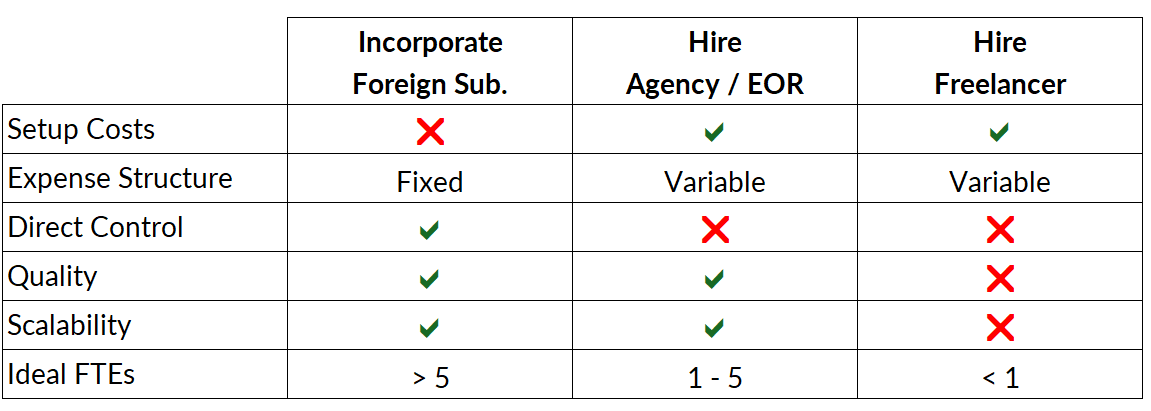In the bustling arena of small business operations, outsourcing suppliers is much more than a logistical step – it’s a crucial decision that shapes your business’s future. The art of finding a supplier goes beyond just meeting your immediate product needs; it’s about forging a relationship that balances cost with quality, ensuring the longevity and prosperity of your business. This partnership can be the defining factor between thriving in a competitive market and struggling to keep pace.
Identifying Your Supplier Needs
Before diving into the sea of outsourcing suppliers, it’s essential to clearly understand what type of supplier your small business needs. Typically, small businesses benefit from working with wholesale suppliers, who can offer products in larger quantities at lower prices, thus aiding in cost management.
A small business tip is that a small clothing store expanding its product line benefits from partnering with a wholesale fabric supplier. Bulk purchasing at reduced costs not only ensures cost-effectiveness but also guarantees a steady supply, as wholesalers typically have reliable, extensive inventories of quality materials.
How do I find a good supplier for my business?
To find a supplier for your business, explore various avenues such as:
- Referrals
- Online B2B marketplaces
- Industry trade shows
- Direct internet searches
Good businesses work with good businesses, so industry referrals are often your best source. If you already have one good supplier, ask them to connect you to other complimentary suppliers.
Researching Suppliers
Once you’ve identified potential suppliers, the next crucial step is conducting comprehensive research to ensure they’re reputable and reliable. This investigation should encompass:
- Interviewing their sales and executive team
- Reading reviews or interviewing existing customers
- checking their ratings on the Better Business Bureau (BBB)
- verifying their business filings
- requesting samples/demos
Evaluate each potential supplier’s credibility, product quality, and terms to ensure they align with your business’s operational requirements and financial goals. Remember that reliability and flexibility are often more important than cost. Resilient and adaptable supply chains allow your business to out-compete the marketplace.
Consider a restaurant owner who, in an effort to reduce costs, switches to a cheaper food supplier without thorough research. Soon after, the lower quality of ingredients becomes apparent, negatively impacting the flavor of dishes. This leads to a wave of customer complaints and a decline in repeat patronage, tarnishing the restaurant’s reputation for quality. The short-term financial gains from the lower-priced supplier are quickly overshadowed by the long-term repercussions of dissatisfied customers and the challenging task of rebuilding the restaurant’s reputation in the community, which will end up affecting sales and financial performance.
Figuring Out Payment Terms
After identifying and evaluating potential suppliers, an integral part of the negotiation process is establishing clear and favorable payment terms. It’s important to discuss and agree upon terms that are manageable and transparent, such as:
- payment deadlines
- possible installment plans
- early payment discounts
An important small business tip is that as an example, consider a local hardware store typically has a 30-day payment term with its primary supplier. To improve cash flow management, the store negotiates for a 60-day payment term, allowing more time to sell the sourced materials before payment is due. Additionally, the store secures a 3% discount for any payments made within 15 days, providing an incentive for early payment when possible. This strategic negotiation not only eases the store’s cash flow pressures but also maintains a positive relationship with the vendor, ensuring a steady supply of materials for continuous operations.
Conclusion
Finding a supplier for your business is more than a transaction; it’s a strategic step towards your small business’s long-term success. Effective supplier selection, aligned with savvy financial management, lays the groundwork for stability and growth. These decisions shape your ability to meet market demands while maintaining financial health.
This article was written by a CFOshare employee with assistance from generative AI for rhetoric, grammar, and editing. The ideas presented are a combination of the author’s expertise, original ideas, and industry best practices.



